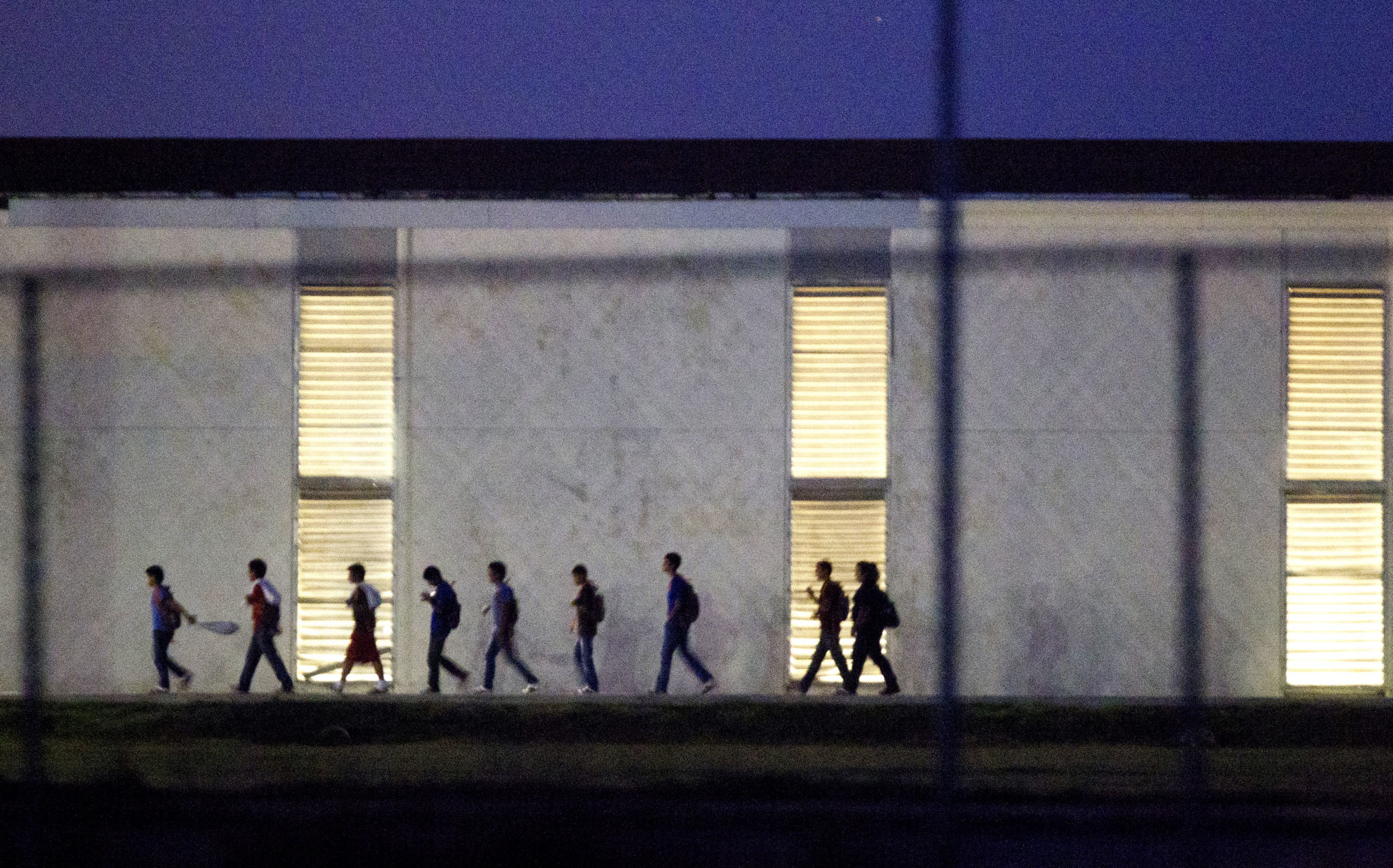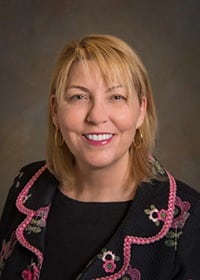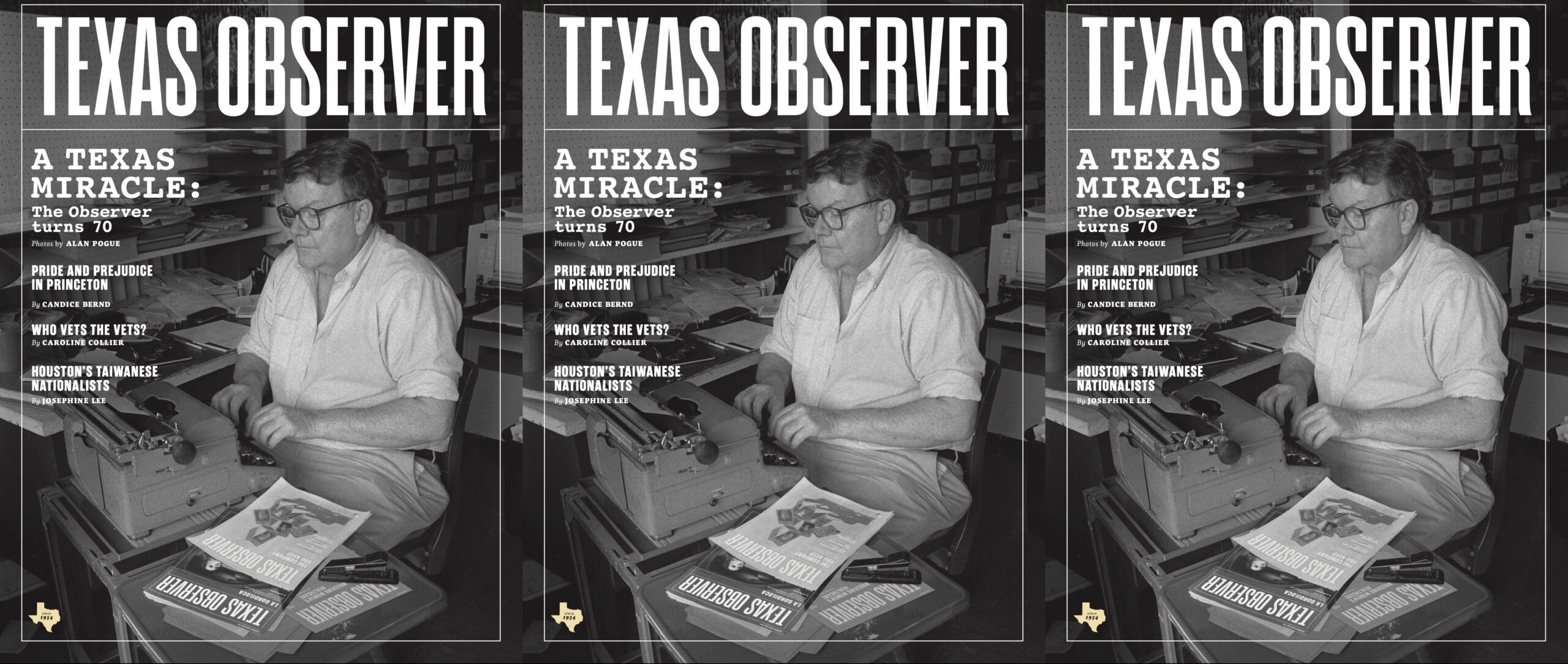
Texas Officials Allow 15 Immigrant Shelters to Hold More Kids than Licenses Permit
To accommodate Trump’s “zero tolerance” immigration policy, Texas officials have allowed at least 15 shelters to hold more than 700 additional kids, records show.

In recent months, Texas officials have granted permission to at least 15 immigrant youth shelters to cram in more kids than their child-care licenses allow, according to records obtained by the Observer. Two shelters have been approved to hold almost 50 percent more children. The decisions come as the Trump administration separates more and more families at the border, funnelling children reportedly as young as 8 months into government shelters.
A spokesperson for the Texas Health and Human Services Commission, John Reynolds, said the agency allows shelters to exceed capacity only after reviewing bedspace, the number of children to a bathroom, recreational space and fire inspection compliance. But child advocates argue that the decisions are likely straining staff, endangering children and amount to the state kowtowing to the federal government.

“Child welfare is being thrown out of the window because the feds say they don’t have enough room,” said Will Francis, government relations director for the Texas chapter of the National Association of Social Workers, upon reviewing the records. “It shows [the state] cares more about maintaining regulations — changing them as necessary — than actually working toward the best outcomes for kids.”
The federal Office of Refugee Resettlement (ORR) contracts with nonprofits to run around 45 shelters for undocumented immigrant minors in Texas, which are licensed and overseen by the Texas Health and Human Services Commission. The population of kids has swelled since April, when Attorney General Jeff Sessions announced a “zero tolerance” policy for immigrants who illegally step foot across the border — a decision that’s resulted in the separation of over 2,300 kids from their parents. Around 11,000 kids are currently in ORR shelters, about half of them in Texas.
On Tuesday morning, Texas House Speaker Joe Straus, a moderate Republican set to retire in January, called attention to the state’s role in the family separation process. “Many of us are especially concerned here in Texas because thousands of children are being housed in our state and in facilities that our state agencies license,” he wrote in a letter to President Trump. “Many of these facilities have in recent weeks requested variances to exceed their licensed capacities.”
According to records obtained by the Observer, 15 shelters have had their capacities increased in recent months, and two have applications pending. In all, Texas is allowing shelters to hold an additional 722 kids beyond their current max capacities — an increase of 16 percent. And for some shelters, the increase has been even more severe: The health agency allowed Casa Rio Grande in San Benito to increase its capacity from 160 to 236 kids and Nueva Esperanza in Brownsville from 200 to 295 children — both increases of 48 percent. All 17 shelters are operated by one of two nonprofits: Southwest Key Programs and BCFS Health and Human Services.
“Child welfare is being thrown out of the window because the feds say they don’t have enough room.”
Francis said that overcrowding can lead to excessive workloads for shelter workers and mental health specialists, who are dealing with kids traumatized by forced separation from their parents. Francis added that overcrowding makes it more likely that health and safety violations — such as those already uncovered at Southwest Key shelters — will occur.
“The capacity was never meant for this new population [of separated kids], so you’re going to run into issues,” Francis said. “It frustrates me that we’re willing to punt to the federal government, and say this is their policy, not ours, but we’re still willing to provide the oversight. You can’t have it both ways.”
Reynolds declined to comment on whether the new federal policy was driving an increase in variances granted.
Southwest Key has at least one new youth shelter in the works in Houston, which has drawn opposition from local Democrats, including Mayor Sylvester Turner. Meanwhile, the feds are operating a so-called tent city at the Tornillo port of entry in West Texas, where hundreds more kids are being held. The tent facility has not been licensed by the state, Reynolds said.
Southwest Key, BCFS and ORR and its parent agencies did not respond to Observer requests for comment.


